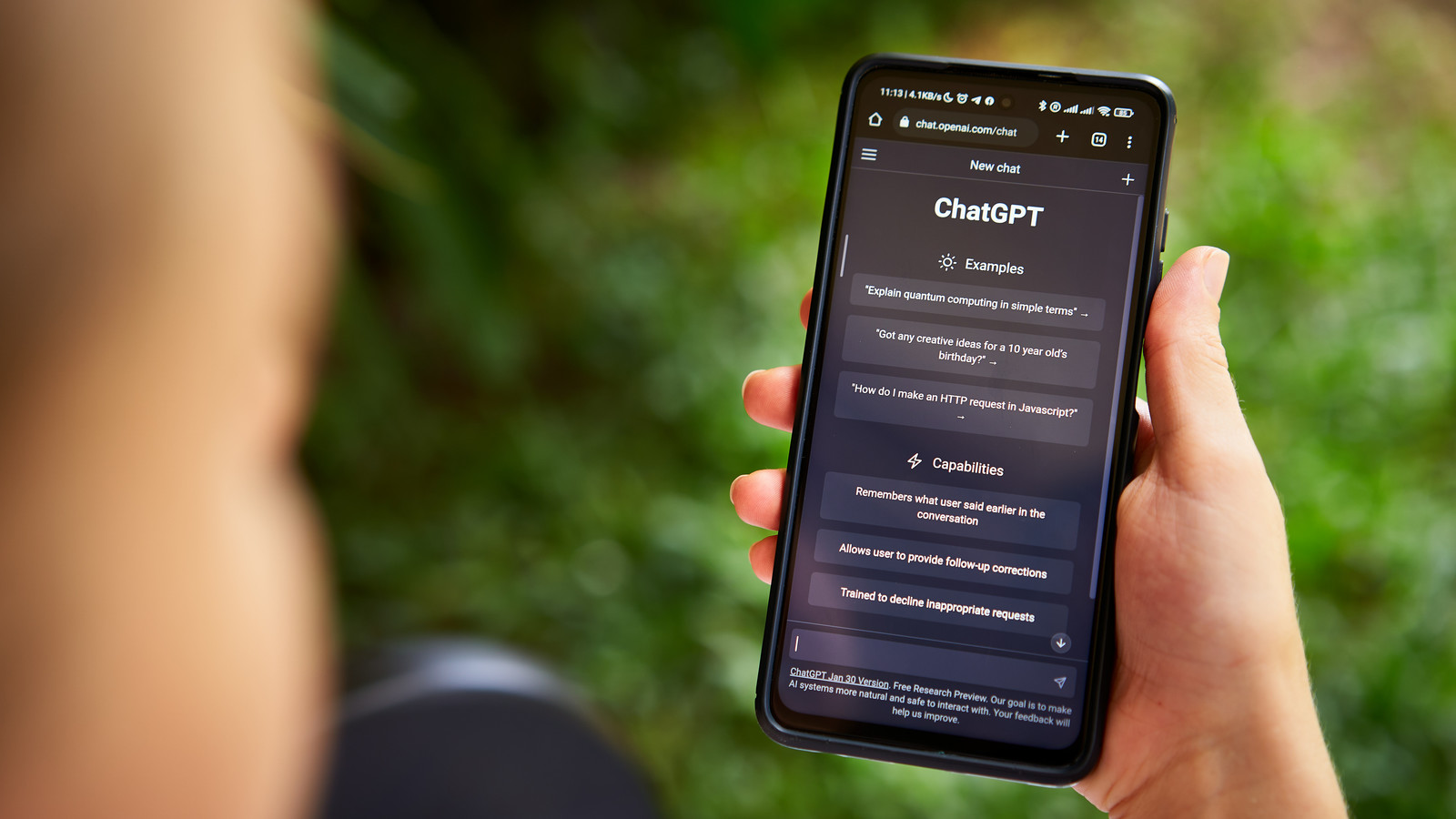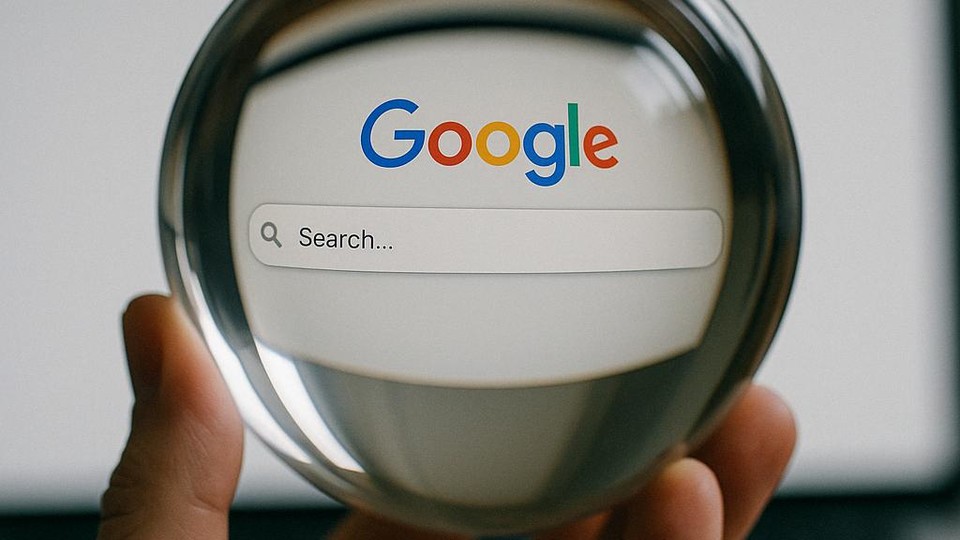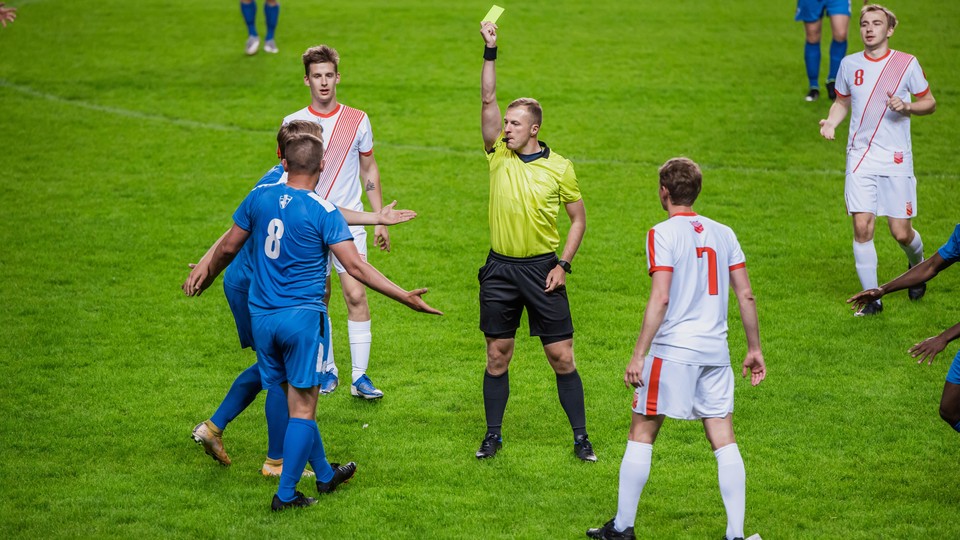
AI Is Providing a Fresh Perspective to Everyday Problems
ChatGPT enhances creativity and problem-solving in ways that traditional search tools can’t match.
Based on research by Jaeyeon (Jae) Chung and Byung Cheol Lee (University of Houston)
“Creative problem-solving often requires connecting different concepts in a cohesive way,” Chung says. “ChatGPT excels at this because it pulls from a vast range of data, enabling it to generate new combinations of ideas.”
Key findings:
- A recent study finds ChatGPT-generated ideas are deemed an average of 15% more creative than traditional methods.
- ChatGPT enhances “incremental,” but not “radical,” innovation.
- ChatGPT boosts creativity in tasks normally associated with human traits, like empathy-based challenges.
We all know ChatGPT has forever changed how we do business. It’s modified how we access information, compose content and analyze data. It’s revolutionized the future of work and education. And it has transformed the way we interact with technology.
Now, thanks to a recent paper by Jaeyeon (Jae) Chung (Rice Business), we also know it’s making us better problem solvers.
According to the study published in Nature Human Behavior by Chung and Byung Cheol Lee (University of Houston), ChatGPT enhances our problem-solving abilities, especially with everyday challenges. Whether coming up with gifts for your teenage niece or pondering what to do with an old tennis racquet, ChatGPT has a unique ability to generate creative ideas.
“Creative problem-solving often requires connecting different concepts in a cohesive way,” Chung says. “ChatGPT excels at this because it pulls from a vast range of data, enabling it to generate new combinations of ideas.”
Can ChatGPT Really Make Us More Creative?
Chung and Lee sought to answer a central question: Can ChatGPT help people think more creatively than traditional search engines? To answer this, they conducted five experiments.
Each experiment asked participants to generate ideas for solving challenges, such as how to repurpose household items. Depending on the experiment, participants were divided into one of two or three groups: one that used ChatGPT; one that used conventional web search tools (e.g., Google); and one that used no external tool at all. The resulting ideas were evaluated by both laypeople and business experts based on two critical aspects of creativity: originality and appropriateness (i.e., practicality).
In one standout experiment, participants were asked to come up with an idea for a dining table that doesn’t exist on the market. The ChatGPT group came up with suggestions like a “rotating table,” a “floating table” and even “a table that adjusts its height based on the dining experience.” According to both judges and experts, the ChatGPT group consistently delivered the most creative solutions.
On average, across all experiments, ideas generated with ChatGPT were rated 15% more creative than those produced by traditional methods. This was true even when tasks were specifically designed to require empathy or involved multiple constraints — tasks we typically assume humans might be better at performing.
However, Chung and Lee also found a caveat: While ChatGPT excels at generating ideas that are “incrementally” new — i.e., building on existing concepts — it struggles to produce “radically” new ideas that break from established patterns. “ChatGPT is an incredible tool for tweaking and improving existing ideas, but when it comes to disruptive innovation, humans still hold the upper hand,” Chung notes.
Charting the Next Steps in AI and Creativity
Chung and Lee’s paper opens the door to many exciting avenues for future study. For example, researchers could explore whether ChatGPT’s creative abilities extend to more complex, high-stakes problem-solving environments. Could AI be harnessed to develop groundbreaking solutions in fields like medicine, engineering or social policy? Understanding the nuances of the collaboration between humans and AI could shape the future of education, work and even (as many people fear) art.
For professionals in creative fields like product design or marketing, the study holds especially significant implications. The ability to rapidly generate fresh ideas can be a game-changer in industries where staying ahead of trends is vital. For now, take a second before you throw out that old tennis racquet. Ask ChatGPT for inspiration — you’ll be surprised at how many ideas it comes up with, and how quickly.
Lee and Chung, “An empirical investigation of the impact of ChatGPT on creativity.” Nature Human Behavior (2024): https://doi.org/10.1038/s41562-024-01953-1.
Never Miss A Story



